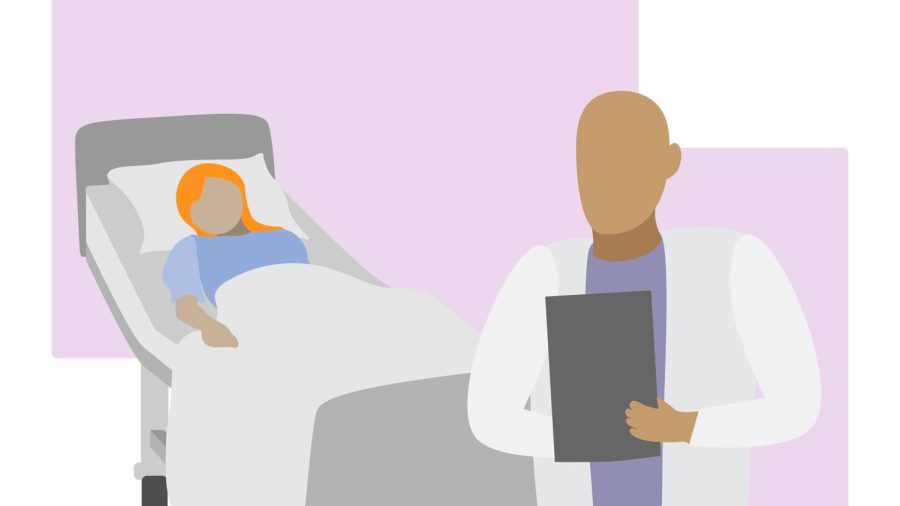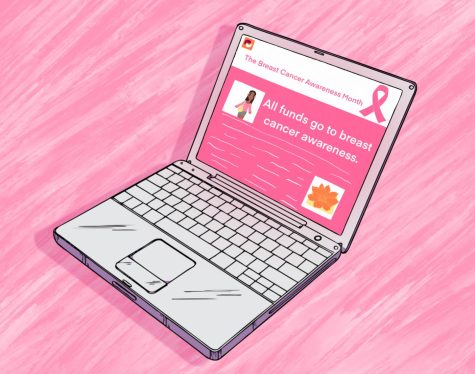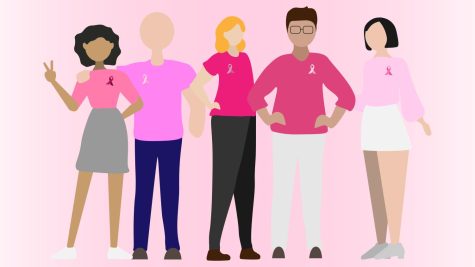OPINION: ‘Right to try’ gives cancer patients second chance at life
Other experiemental drug access systems provide convulted, bureaucratic path to healthcare
With right to try laws, physicians work directly with drug manufacturing companies to get their patients access to experimental treatments.
October 13, 2022
Cancer is obviously a horrible thing to go through for anyone, but sometimes treatment methods run thin. This is when the right to try comes into play – because frequently it is either try, or die.
“The right to try” is proposed as a system to allow people with terminally ill diseases to try experimental drugs when there is seemingly no other alternative.
“Framing the issue as ‘right to try’ tugs at the heartstrings and suggests that the failures of medicine are not scientific, but rather regulatory,” wrote Karuna Jaggar for Cancer Health.
Having access to experimental treatments sounds appealing and life-changing to many terminally ill people who want a second chance at life. After all, there is nothing we would not do to get over cancer.
“As for desperately ill patients, the FDA already has a compassionate use program that offers a pathway to obtain experimental drugs. The FDA approves 99 percent of compassionate use requests, usually within a few days—or just 24 hours in emergency situations,” Jaggar wrote.
The FDA calls “compassionate use,” “expanded access.”
According to the Federal Drug Administration, expanded access is an option when someone is either in a serious or life-threatening situation, when no other treatments work, when someone cannot get into a clinical trial, when the patient can justify the risk of the treatment or when providing them the drug will not interfere with future development or marketing.
There are key differences between expanded access and the right to try, however.
The right to try eliminates certain bureaucratic hoops involved in expanded access, allowing physicians to work directly with drug manufacturers and get their patients access to experimental drugs, according to Triage Cancer.
There are also extra potential costs for patients involved in expanded access, especially related to the review board process that it requires.
There are seemingly a lot of workarounds for experimental treatments. However, if the treatments are in the category of “the right to try” and the people who are eligible are on their last resort, then it feels more like the right to try to not die.
Fighting cancer involved a lot of experimenting. One common experimental treatment is the delivery of a drug through intravenous infusion that kills cancerous cells right in the bloodstream, according to an article by University of Massachusetts.
Many new and trial drugs have to be put through clinical trials. Although it can be covered by insurance, patients will often be charged to participate in these trials.
Hospitals need to make money one way or another, so they can be incredibly biased in terms of their clinical trials, frequently choosing the patient with better insurance or who has more wealth overall. For-profit hospitals are even worse.
According to Definitive Healthcare, “For-profit hospitals … are investor-owned. Unlike nonprofit hospitals, these facilities aim to make profits for their shareholders.”
Without money from insurance companies or wealthy patients, there is just no way for these hospitals to satisfy their shareholders.
On top of standard patient care costs, there are also research costs that need to be covered.
According to an article by Cancer.gov, “Research costs are those related to taking part in the trial. Often these costs are not covered by health insurance, but they may be covered by the trial’s sponsor.”
There are many different manners of treatments, and there is no surefire way to deal with research and trials, capitalist healthcare systems and cancer itself. However, in the midst of all the bureaucracy, we need to remember who it is all for – patients.
Patients deserve the choice to fight for their lives, and that means they should have the right to try experimental drugs and not spend what could be the last days of their lives wrapped up in bureaucracy.















